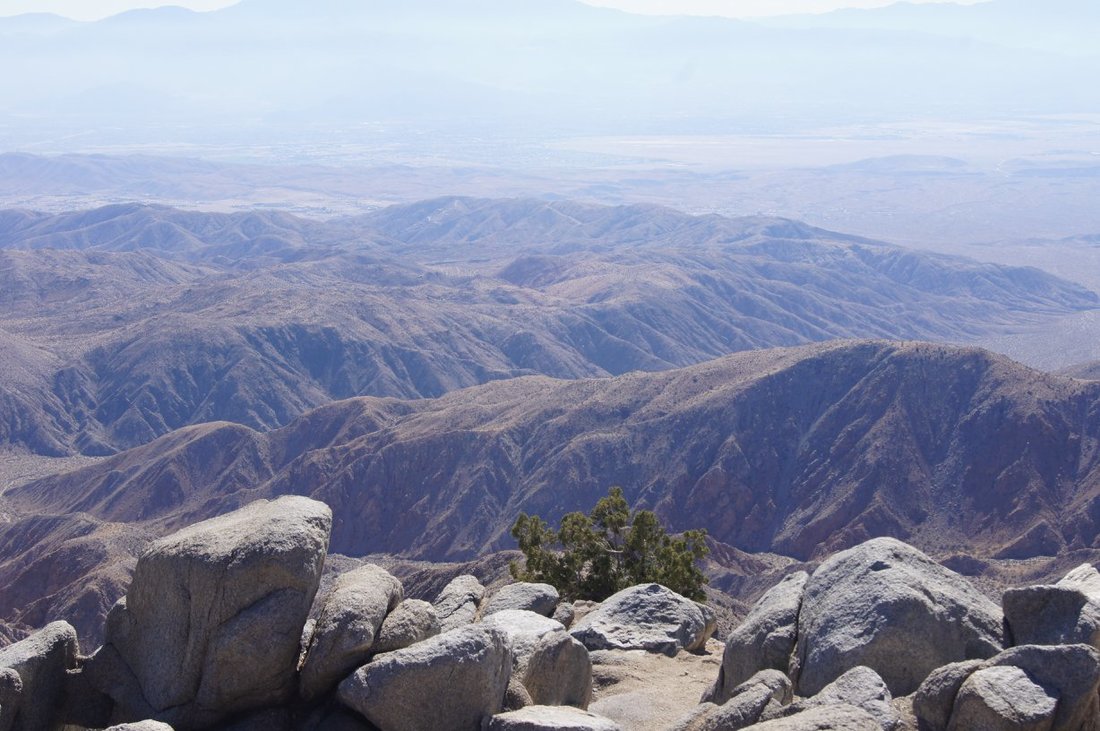Adventure Scientists has been a part of more than a hundred research and conservation projects since our creation in 2011. Many of those projects have involved government agencies and they’ve often involved our volunteers exploring and collecting data on public lands. Through all of it, we’ve learned a thing or two that can help any agency or group working on research and conservation in similar areas.
The recent Public Lands Alliance conference in California was a great opportunity for me, as our Project Creation Coordinator, to share our lessons and to listen to our agency partners––to become even more in tune with their needs. It also gave us a chance to share and celebrate the great outcomes we’ve seen from working together.
It was truly inspiring to be surrounded by people so directly involved in the protection and management of our public lands.
I was grateful to meet hundreds of people engaged in work that leverages resources, personnel, and expertise to safeguard our nation’s open spaces and the wildlife dependent on them. I learned about the ways agencies build partnerships and how we can respond to their research needs, and I discovered more tools nonprofits use to support their local parks.
On the convention’s third and last day, I hosted an educational session called Designing Citizen Science: Partnerships That Maximize Public Lands Benefits. I shared Adventure Scientists’ approach and the critical role that we play in supporting partners in collecting data crucial to improving management actions, plans, and policies. I offered several tools that have enabled our organization to be effective in providing services such as our volunteer management systems, project selection criteria, data quality assurance processes, partnership agreements, and storytelling.
In particular, I highlighted the Pacific Coastal Marten Survey we conducted with the US Forest Service in 2013 and 2014. The story of this successful government-nonprofit partnership offered a few key takeaways for group. First, it often takes the firsthand experience of working with organizations like ours to be able to envision what we make possible. Second, partnerships like this can free up government staff to focus their limited time on other priorities.
To turn the tables and learn from those attending, and to give them an opportunity to learn from each other, I asked participants about words they associate with citizen science. Education, research, stewardship, data collection, and volunteer support all emerged as top contenders. Here’s more of what I heard:
- Experiences within citizen science projects are very diverse, but they experience similar successes (volunteer engagement, regional data reporting, multi-group participation, institutional support, and ease of data submission) as well as challenges (agency coordination, assurance that data reaches stakeholders, data accessibility, explaining and understanding protocols, and volunteers lacking a sense of contribution).
- Many believe collaboration, partners’ alignment on objectives, co-identifying projects, and leveraging social media are important to inform decision-making.
- There is a consistent interest in leveraging locally available resources––universities, foundations, donors, existing volunteer networks, and agencies––to build these projects.
In the end, learning from my colleagues in these sessions was the highlight of my experience at the conference.
At Adventure Scientists, we leverage resources and networks to efficiently develop projects and collect data to drive real-world change. Working with government agencies and on public lands has been an incredibly productive part of our work. And there’s much more work to be done.
Learn more about how we develop projects and start thinking of how we can work together to better understand and protect our natural treasures.
Aisling Force is Adventure Scientists’ Project Creation Coordinator. She holds a masters degree in Sustainability Solutions focusing on international and community development as well as tourism from Arizona State University’s School of Sustainability. She believes that relationships with nature are critical to fostering sustainable decision-making and maintains her own personal relationship with the environment through mountain biking, rafting, hiking, and skiing.

